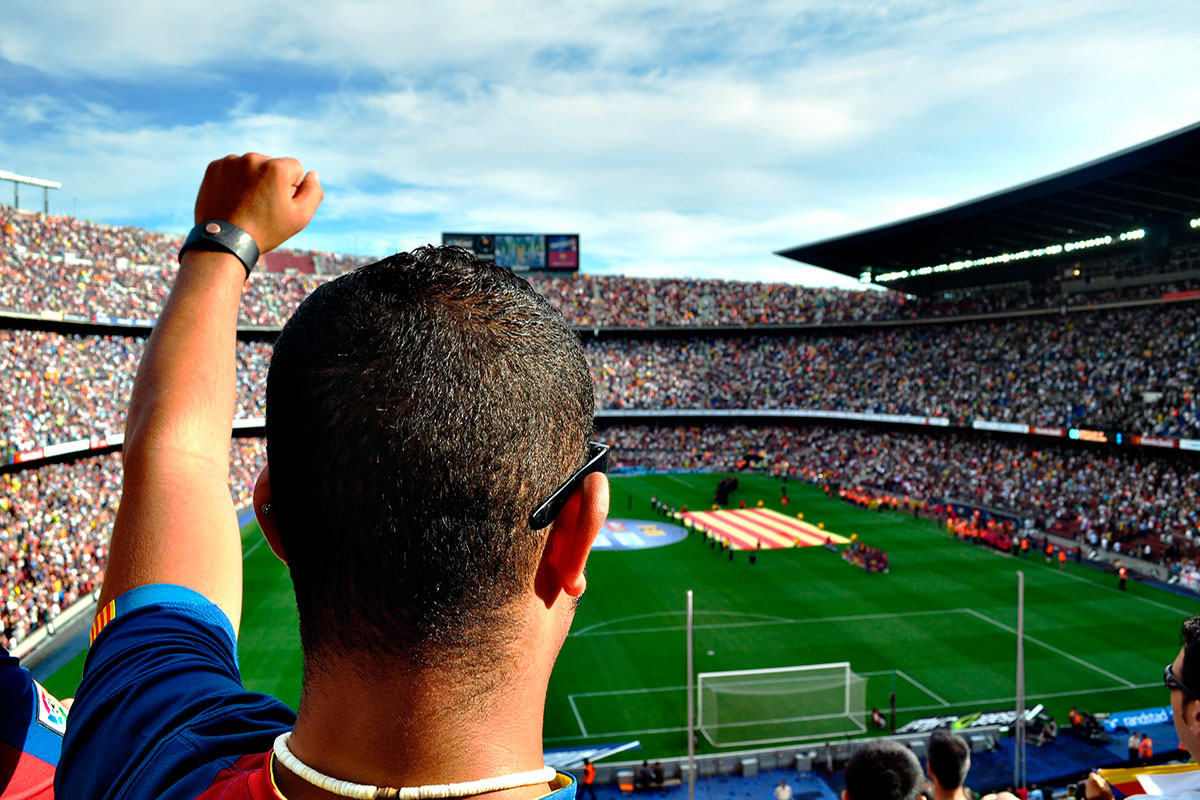In previous units, you have studied and reviewed the comparatives and the superlatives. Now, it is time to study the comparative and superlative forms of irregular adjectives. Remember that English has parts of speech that do not follow the rules. They are called irregular for example irregular verbs (do not have the –ed ending for their simple past and past participle forms), and the irregular nouns (they do not add -s or -es or -ies to their plurals). Adjectives are not the exception.
By the end of this topic, you will use the comparative and superlative forms of irregular adjectives to express differences or similarities between people, things or situations that happen in your everyday life when making comparisons.
A small number of adjectives are irregular in their comparative and superlative form.
The most common adjectives use -er or more for their comparative forms, and they also take -est or the most for their superlative form. Let’s check some examples of regular comparatives:
| Adjective | Comparative | Superlative |
| Small | Smaller | The smallest |
| Big | Bigger | The biggest |
| Crazy | Crazier | The craziest |
| Expensive | More expensive | The most expensive |
However, some adjectives are irregular. That means that their comparative and superlative form is going to change. These adjectives are:
| Adjective | Comparative | Superlative |
| Good | Better | The best |
| Bad | Worse | The worst |
| Far | Further | The furthest |
| - | Farther* | The farthest* |
*Some people say that “far” can be both, a regular and an irregular adjective; “farther” being the regular comparative and “the farthest” the regular superlative.
Look at these examples:

Good
I feel better than yesterday.
Sarah is the best student in Math class.

Bad
Some people think that Mussolini was worse than Hitler.
Most Americans say Donald Trump is the worst president ever.

Far
Sandra lives further/farther than Mario.
Michael is the boy who lives the furthest/the farthest.
When the comparisons are expressing equality or inferiority, you follow the rules to form comparisons with all the adjectives.
Examples:
• My ice-cream is as good as your milkshake.
• Johnny is as bad as Jerry in Chemistry.
• Puebla city is as far as Cuernavaca City.
• This mango drink is less good than your Cherry soda.
• Mr. Parker is less bad than Mr. Black.
• Houston is less far than Dallas.
The same thing happens with the superlatives. In this case, you use “the least” (the opposite to “the most”), and the adjective does not change.
Examples:
• This perfume is the least good from the catalogue. That is why it’s so cheap.
• What soda is the least bad for your teeth?
The comparatives of equality and inferiority, like the superlatives of inferiority, are not commonly used. That is why in this section you are going to explore the comparatives and superlatives of superiority.
Activity 1

(n. d.) (2014). Hombre [photo]. Taken from https://pixabay.com/es/hombre-ventilador-persona-fútbol-290186/
Are you a big soccer fan?
Read the following text. It is a review of the city soccer league written by a 20-year-old fan. You have to complete the text according to the context.
Drag the correct option to complete the sentences. You have two attempts to answer each exercise. You can know your score at the end of the exercise.
Activity 2

(n. d.) (2017). Decisión [photo]. Taken from https://pixabay.com/es/tablero-flechas-decisión-derecho-2084777/
Sometimes we need to make decisions that change our lives for good! Now, it is time to decide on the following exercise. That decision is important because it can help you to finish this exercise successfully.
Listen to the following sentences. Then choose the correct option.
Activity 3

(n. d.) (2015). Elefante [illustration]. Taken from https://pixabay.com/es/elefante-probóscide-escudo-memoria-1090834/
Do you have a good memory? Let us see how it works!
You are going to read the following sentences. All of them contain mistakes. You are going to see them for about 20 seconds, each. Then, you are going to write them down correctly.
1. Phillip is gooder than Markus.
2. Mary is the goodest in her French class.
3. Henry is badder than Julius in Chemistry.
4. William is the baddest worker in the company.
5. Betty lives farer than Blanche.
6. Who comes from the farest place in the city?
Activity 4

Mena, D. (2017). Duda [photo]. Taken from https://pixabay.com/es/duda-portrait-dudas-idea-pensar-2072602/
Do you have a favourite animal or a favourite sport?
Now it is time for you to speak about one of the following options: an animal that drives you crazy or a sport that you like the most or even practice. Remember to use the comparative and superlative forms of the irregular adjectives at least five times. Your recording must last about one minute. Also, check your pronunciation and try to be calm so that your recording sounds clear and without hesitations.
You can start your description like this:
My favourite sport is basketball because I think it is the best sport ever. Basketball players are better than footballers…
Click on the play button to listen to an example.

Animals
Sports
Record the description and save it on your computer or cell phone.
When your recording is ready, check your work using the checklist. Click on the button to see the checklist:
Let’s remember how to make sentences using the irregular adjectives in their comparative and superlative form.
Put the words in order to make sentences.
• Azar, B. and Hagen, S. (2009). Understanding and Using English Grammar. New York: Pearson Longman.
• Thornbury, S. (2004). Natural Grammar: The key words of English and how they work. United Kingdom: Oxford University Press.
• CUAED. (2011). Section: English Media. Retrieved on 2017, April 26 from http://www.cuaed.unam.mx/english_media/